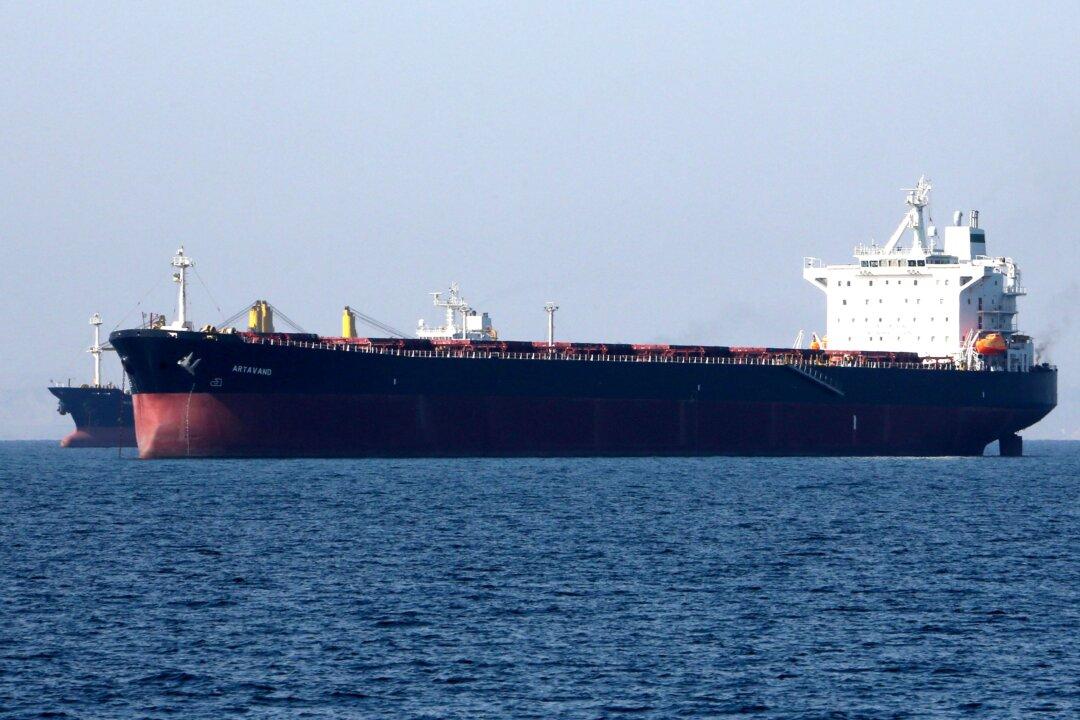China’s communist leadership may be laundering money for Iran through the purchase of crude oil and bartered deals, Congress has heard.
The Chinese Communist Party (CCP) “has provided an economic lifeline” to Iran as it supports Islamic terror organizations, according to Gabriel Noronha, a fellow at the Washington-based Jewish Institute for National Security of America think tank.




